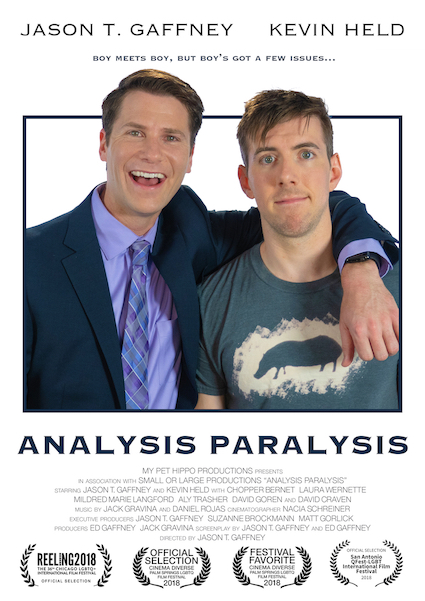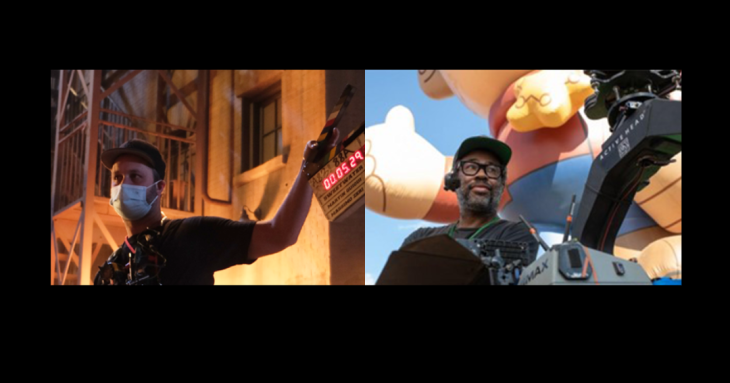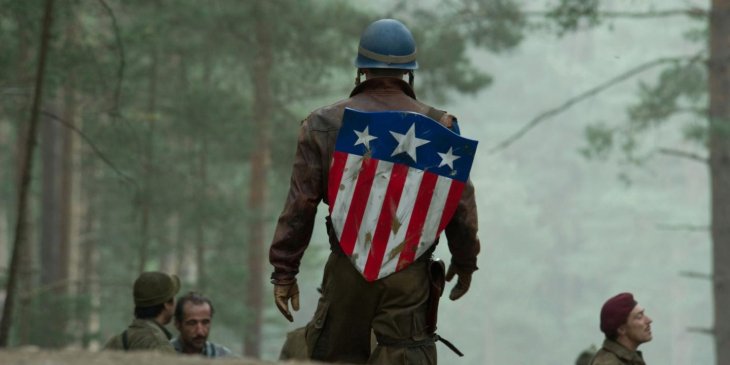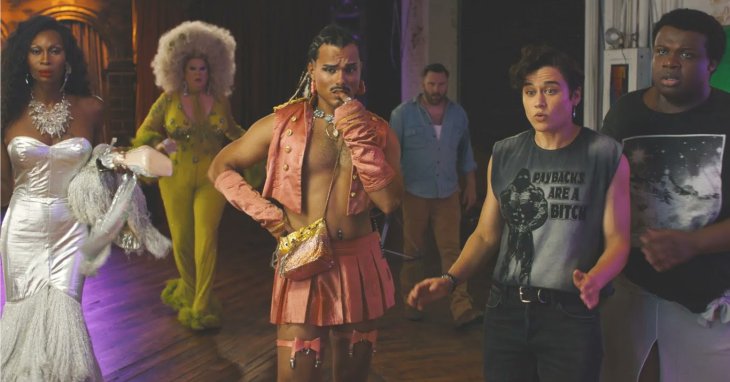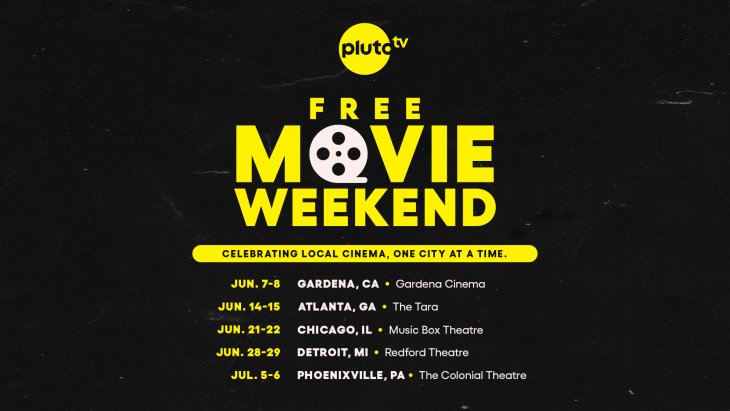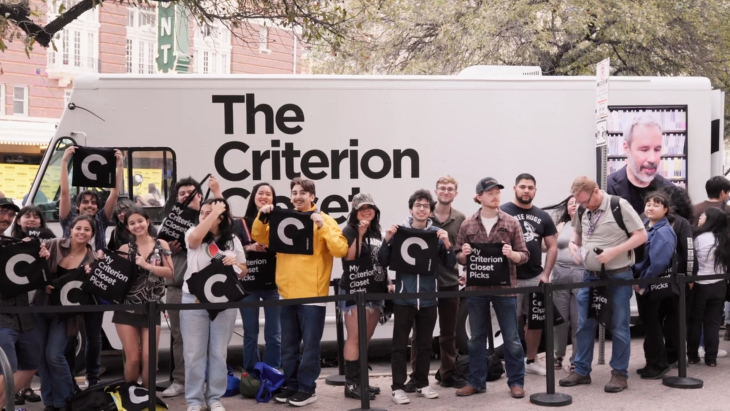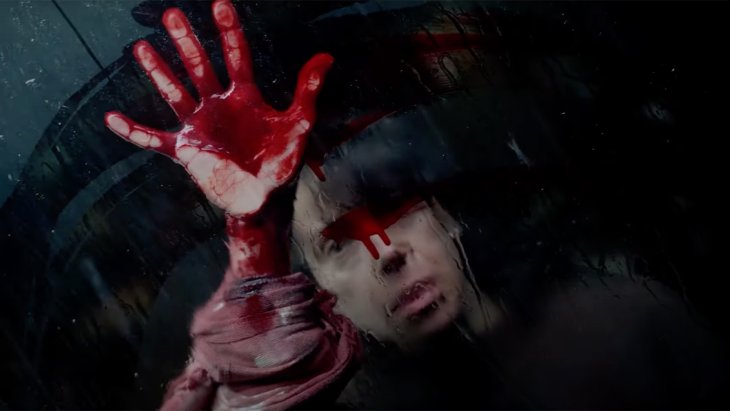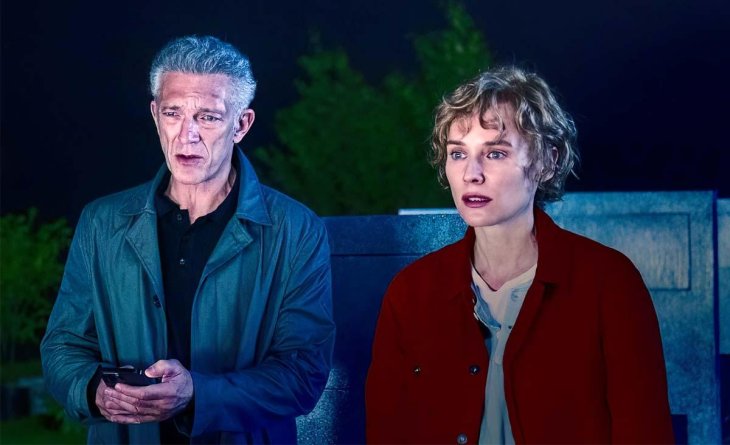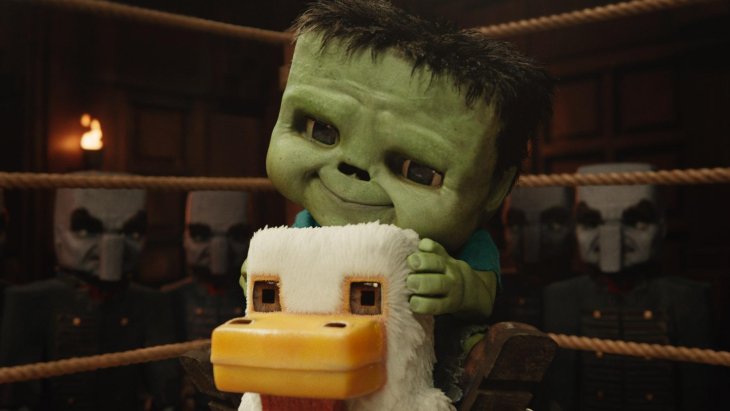In Hollywood, LGBTQ+ characters that are more than just — well, LGBTQ+ — can be hard to come by. Most queer characters are caricatures of what it means to identify as LGBTQ+. Their whole story arch depends on their queerness. What happens when you create full, rounded characters? You get “Analysis Paralysis.”
Gay son/straight father duo Jason and Ed Gaffney wrote this RomCom that intersects imagination and anxiety in characters that just happen to be gay, rather than another film on the sensationalism of gayness. “Analysis Paralysis” tackles mental illness in a realistic and humorous approach.
“…While the issues are serious, the people suffering from them aren’t always walking around in a haze, and do know how to laugh,” a press release states. “Jason T. Gaffney has been struggling with anxiety his whole life and decided to tackle extreme anxiety with a comedic slant, which is not often seen in tales of mental illness.”
The Pride LA spoke with Jason about the creation of such an inclusive project. Check it out:
In one sentence, what is Analysis Paralysis?
“Analysis Paralysis” is an LGBTQ romantic comedy where a young man struggling with massive anxiety fights his mental illness by pursuing a relationship with his hot neighbor.
Can you elaborate more?
The story begins when Tyler O’Conner, a young gay author, visits a therapist and discovers that he suffers from an anxiety disorder commonly called “Analysis Paralysis” — an inability to take action without imagining the ways that each possible choice could go wrong. The problem is that, unchecked, the condition will lead Tyler into a state of complete inaction.
To confront the disorder, Tyler decides to fight through his anxiety and ask his cute neighbor, Shane, out for coffee. Despite a flurry of imagined disasters, the date goes well, and Shane and Tyler ultimately become involved.
Against all odds, the relationship moves forward, but not without every step of the way — sex, moving in together, and meeting Shane’s parents — preceded by an avalanche of negative, albeit hilarious, fantasies. Finally, convinced that Shane is leaving as a result of an uncomfortable interaction with Shane’s mom and dad, Tyler steels himself for what he sees as the inevitable rejection.
But Shane has other plans…
Where did the idea come from?
I wanted to write a comedy. It can get pretty grim these days as the world burns around us, so I really wanted to make people laugh. I think we all really need comedy and laughter in order to recharge so we can fight on.
I was brainstorming story ideas with my longtime co-writer, Ed Gaffney, who also happens to be my father—yeah, I wrote those comedic sex scenes in “Analysis Paralysis” with my dad!
He mentioned a close family friend who had “Analysis Paralysis” when it came to making business decisions. It took him forever to make up his mind.
We immediately leapt upon the idea: what if Tyler, our movie’s hero, struggles with “Analysis Paralysis” and intense anxiety in his everyday life? And what if he’s also desperate to meet the really cute guy who lives down the street?
Think of everything that can go wrong in a new relationship, and the normal anxiety that comes from things like a first date, a first kiss, the first time having sex with a new partner…
Now ramp it way, way up…
Why is this kind of representation important?
Audiences who’ve seen “Analysis Paralysis” have said they really relate to Tyler’s mental illness—his intense anxiety.
Yes, it’s a comedy, but I think that helps make Tyler even more relatable. We laugh along with him as he vividly imagines the very worst that might happen. (The fart scene! I hear a lot about the fart scene from people who’ve seen and loved the film!)
But I think, particularly here in the dumpster fire that is 2019, that we all suffer from anxiety to some degree. I know I do. In fact, my anxiety can become Tyler-like at times.
But in writing and directing Analysis Paralysis, I wanted to take a comedic route because almost all the films that deal with mental illness and anxiety and depression are dark and dramatic. Yes, the issues are serious, but I personally don’t walk around in a somber mood all day, like a sad zombie. I experience every emotion including joy and laughter in between bouts of my anxiety.
I wanted to show that depression and anxiety isn’t one size fits all. Hopefully the film will start a larger conversation about mental illness and the need for people to be honest about what they’re feeling, in order to get the help and support they need!
Why are coming out experiences so important/challenging?
While coming out experiences—and movies about them—are still vital for the LGBTQ community, I intentionally chose not to make “Analysis Paralysis” a coming out story.
In fact, the movie is set in the same inclusive, welcoming world in which I grew up! (I’m well aware of how lucky I am!)
So I wanted to jump into the afterglow of the coming out story. Because LGBTQ people have long rich lives after coming out and those stories are fun to experience, too!
I think it’s important to show the post coming out stories like “Analysis Paralysis” so that people can see that we’re worried about waking up on time to go to work, or if we remembered to call Grandma on her birthday, or if their boyfriend happens to be a criminal lawyer or a lawyer who is a criminal. (When you watch the film that last part will make sense!)
What do you hope viewers take away from the film?
First! We all have anxiety. (Again, just look at what’s going on all around the world…) But you are not alone and you are not broken!
We are all fighting to make this world a better place where mental illness can be talked about openly and without stigma, and that the future will be a world where LGBTQ people will be loved for who they are. There are a lot of us fighting for this future and, as with marriage equality, I’m convinced that love will win!
“Analysis Paralysis” is available on Amazon, iTunes, and Google Play, and via streaming on Dekkoo.

